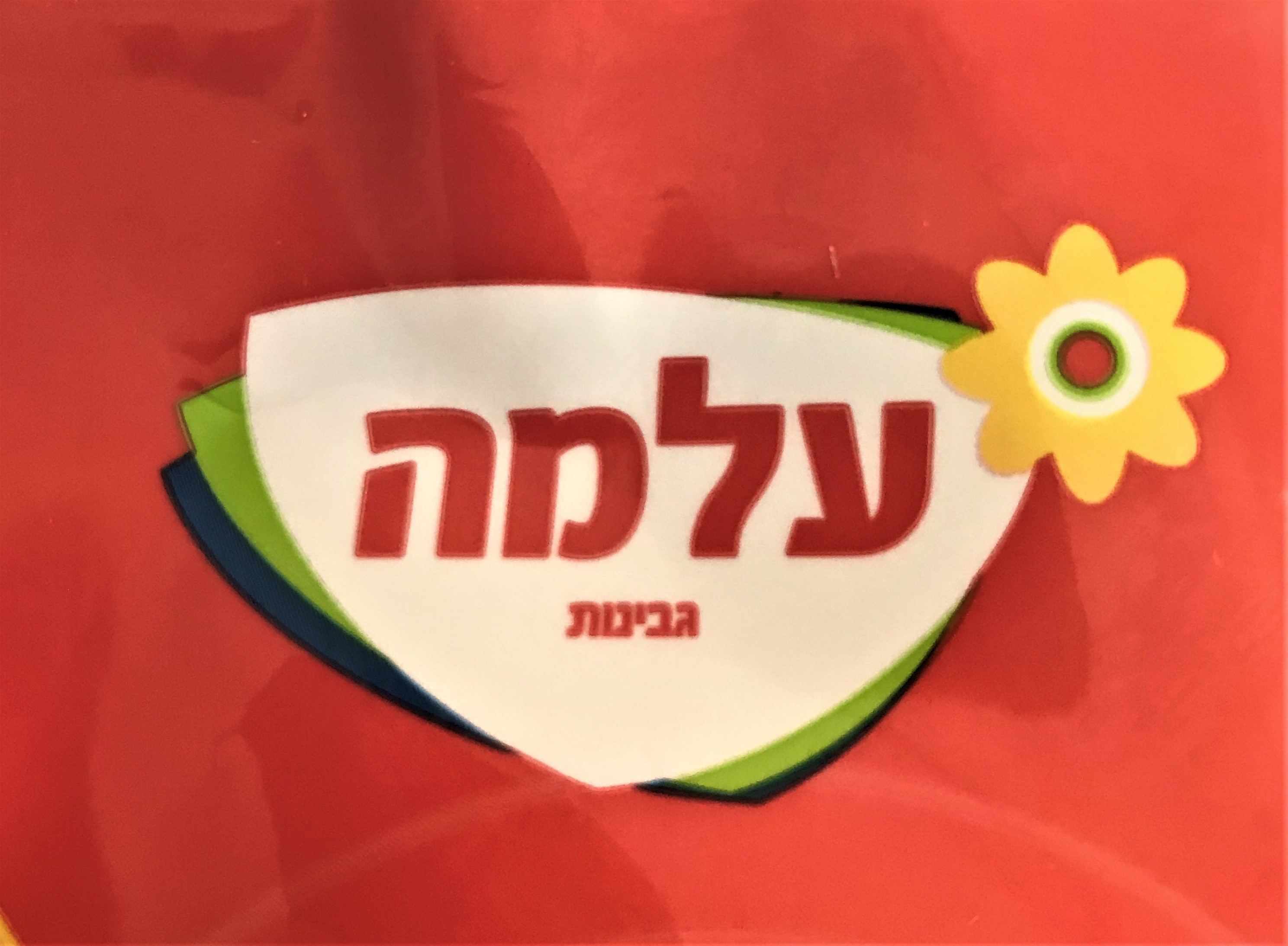
The approaching High Holidays are an opportunity to rejuvenate our spiritual connection with the Almighty.
A high point in this process is singing the Avenu Malkanu prayer and proclaiming that God is our Father and King, and we are God’s children and servants. This hymn reflects the verse, “to Me the children of Israel are servants” (Leviticus 25:55).
The Torah describes our relationship with God in many other ways, including a husband and wife. As is says, “your Maker is your husband” (Isaiah 54:5).
In Jeremiah 31:31, we are told that even if the Jews break the spiritual marriage contract “covenant of the Torah” with acts of infidelity, God remains a faithful husband.
This week’s Torah portion Ki Teitzei (Deuteronomy 21:10–25:19) alludes to spiritual fidelity. The Torah describes a situation when a husband suspects his wife of infidelity and claims she was not a virgin as he expected.
The Hebrew word for virgin is “betulah” and refers to a woman of any age “who was never intimate with a man” (Genesis 19:8), and therefore the Torah describes hymenal bleeding as “evidence of her virginity” (Deuteronomy 22:20).
Similarly, God wants us to demonstrate our spiritual fidelity with unfaltering allegiance to God, which is not shared with other gods.
When missionaries attempt to prove the virgin birth of Jesus, they incorrectly quote Isaiah 7:14. They claim that the verse says, ‘behold a virgin is pregnant and shall give birth to a son.” However, the Hebrew word used in this verse is not “betulah” rather “almah” which always means a “young woman” without any indication of her sexual status.
Virgin birth stories were common in ancient mythology and the intentional mistranslation of “almah” as virgin has misled many people. Had they studied this verse in its original language and context, they would have come to a different conclusion.
Isaiah is speaking about his wife, who was pregnant at the time his prophecy, a fact that is made clear in chapter 8. The prophecy also states that before the child is old enough to know the difference between good and evil, the enemies of King Ahaz would be a laid to waste.
As it says, “God will give you a sign; behold a young woman is pregnant and shall give birth to a son... before the boy knows enough to reject evil and choose good, the land of the two kings you dread will be laid waste” (Isaiah 7:14-15).
The sign was that the downfall of Ahaz’s enemies would happen swiftly. King Ahaz lived more than 500 years before the birth of Jesus. Clearly, the birth of this child in Ahaz’s lifetime has nothing to do with Jesus.
As with Isaiah 7:14, using critical thinking to examine verses carefully is the best way to discover their true meaning.
May this Shabbos draw us closer to truth and a faithful relationship with God.
Shabbat Shalom.
Rabbi Bentzion Kravitz